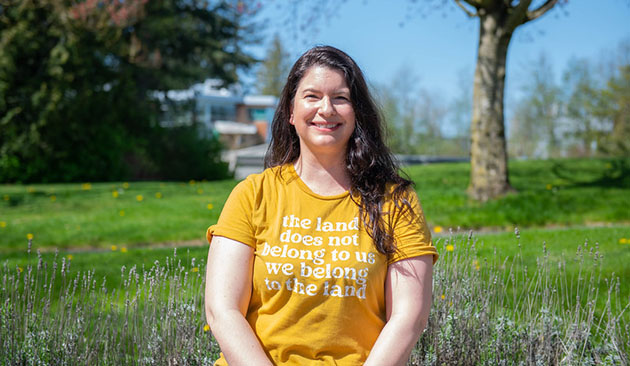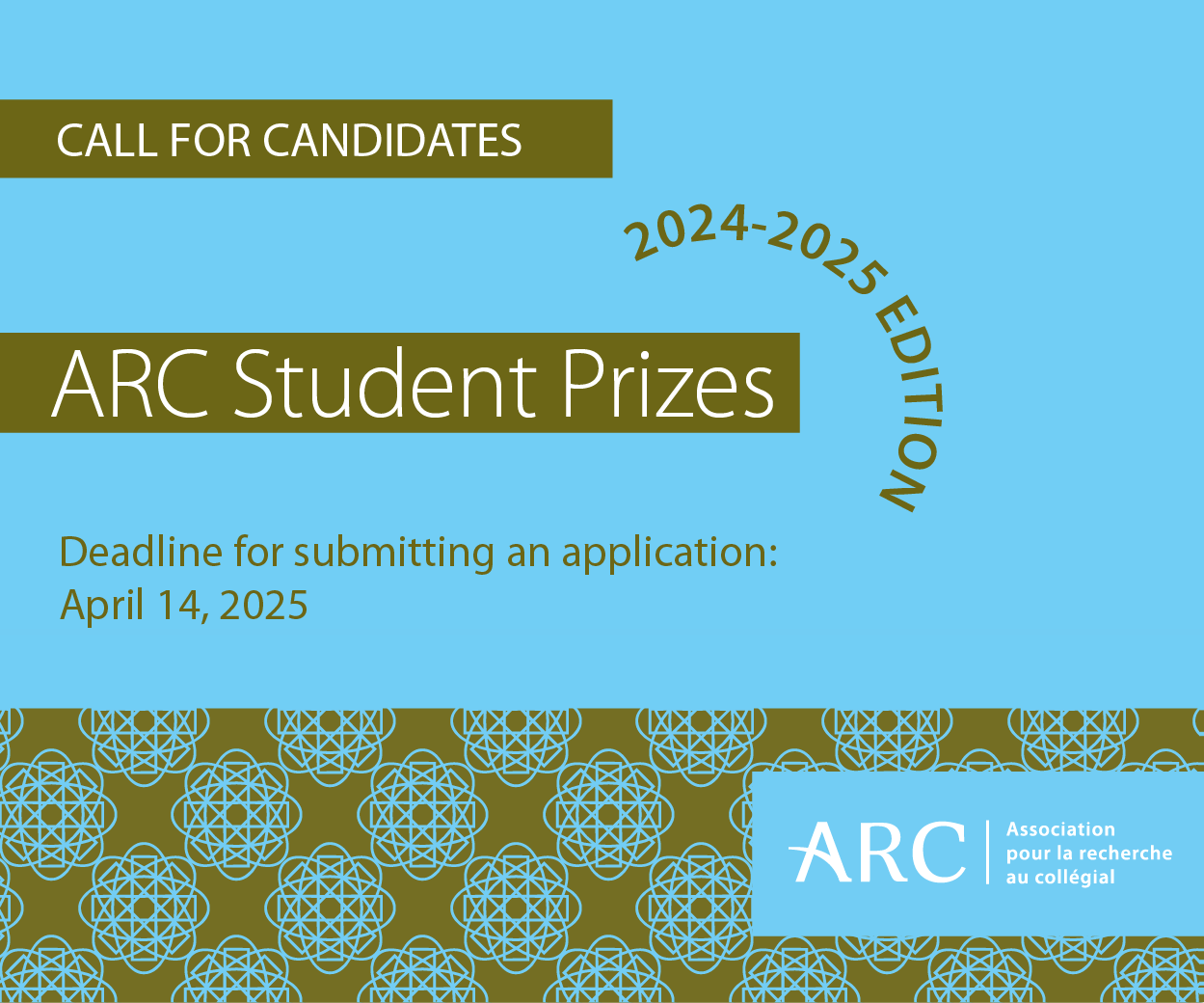As climate change increasingly affects traditional agriculture, new methods are being explored to make sure our food security stays intact. UFV's Food and Agriculture Institute (FAI) is viewed as one of the leading research groups in this space, and the FAI team has been tapped to manage an exciting new research project.
A four-year endeavor will see Dr. Stefania Pizzirani, associate director of FAI and program chair of the Environmental Studies program at UFV, exploring the future of our food systems with emphasis on agri-genomics. Genome Canada and Genome BC are funding this project with a $2.5 million-dollar budget.
"Our food system is currently, and will likely continue to be, extremely vulnerable to climate change alongside shifts in population, government priorities, and technologies," Stefania says. "People are finding ways to adapt to, or mitigate, the impacts of climate change, and our work is focused on new technologies like cellular agriculture, precision fermentation, and vertical agriculture."
A genome is the complete DNA of a plant or animal, including all its genes, and agri-genomics uses that info to improve productivity and sustainability in crops and livestock.
Cellular agriculture replicates animal cells, like those from salmon, to create a food product.
Precision fermentation takes mushrooms, for example, and through a brewing process turns them into something that looks and tastes like chicken.

Dr. Stefania Pizzirani, associate director of FAI and program chair of the Environmental Studies program at UFV
Vertical agriculture uses stacked shelfs and hydroponic/aeroponic/aquaponic growing to nurture many plants in a controlled, often indoor, environment.
Stefania says her team's intention is not to overtly promote or condemn these technologies. Rather, she hopes the research creates transparency, and perhaps accountability, for those using them.
"These technologies are already being developed and deployed, and our purpose is to shine a light on all implications of them, both positive and negative, especially regarding social, cultural, and environmental impacts," she says. "As they develop and grow, we want to make sure it's done equitably for everyone, so no one gets left behind, including traditional farmers.
"This isn't about eliminating conventional techniques for growing food. It's about diversifying our food system to increase resilience."
Stefania's team will do a deep dive into all the literature and evidence that already exists around these new food production technologies. They'll distribute a survey to 5,000 respondents that she hopes will shed light on the perspectives of the public, farmers, policy makers, and more.
Stefania says it will be vitally important to make space for all voices and her team will be mindful to collaborate with local Indigenous communities, migrant farmers and related advocacy groups, labour rights organizations, and environmental organizations.
"We want to be inclusive in the way we answer these hard-to-answer questions," she says.
The work will include real-time case studies, one for each of the technologies, in collaboration with industry partners.
Everything will eventually come together in fun and unique modelling that explores what-if scenarios and culminates in knowledge mobilization that goes far beyond a peer-reviewed publication. This won't end with a document that sits on a shelf collecting dust.
"We'll have policy recommendations and white papers and standard outputs, but our funders are very interested in useable and accessible materials," Stefania notes. "We have some interesting outputs that we hope to create, including a greenhouse gas calculator for each of these technologies. We'll create videos, training mechanisms, and workshops.
"Our main goal is to produce materials that effect change."
Starting a process that will take 48 months to finish is both exciting and daunting, but Stefania says she goes into it with optimism. She feels she has an excellent team with a wealth of expertise. That team includes Dr. Robert Newell (the project's co-lead), Dr. Lenore Newman, Charmaine White, Dr. Angela McIntyre, Dr. Sarah-Louise Ruder, Dr. Alesandros Glaros, Jessica Mukiri, and Teresa Carlson.
She says they all have a heart connection' to the work because of their connection to the Fraser Valley, which makes this much more than an academic exercise.
"We are drawn to this work because we view it from a real life-and-death standpoint," Stefania says. "It is essential for every single human being on this planet that we have a safe and secure food system, and we are witnessing more and more devastation through flooding, heat domes, and more. But we are also witnessing the real chance we have that is within our grasp to address these issues and create lasting solutions.
"Right now, we have so many people and groups at the table, each with a different priority or background perhaps, but we're all heading in the same direction, and I find that to be deeply empowering."













